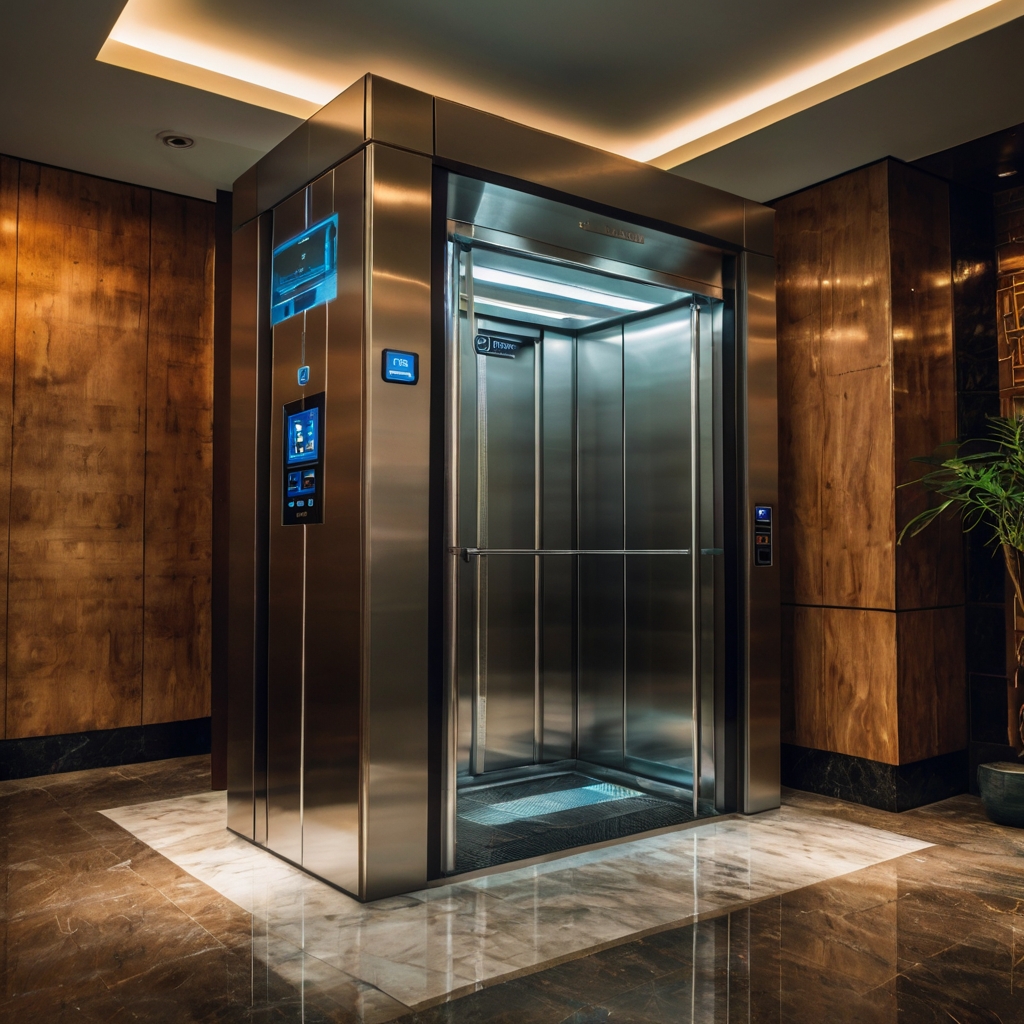As urbanization continues to rise globally, the demand for smart elevators is becoming increasingly critical. In 2024, the smart elevator market is expected to witness significant growth, driven by advancements in technology, a growing focus on sustainability, and the increasing need for efficient building management systems.
Technological Innovations
One of the most prominent trends in the smart elevator market is the integration of advanced technologies. Smart elevators utilize Internet of Things (IoT) devices, artificial intelligence (AI), and machine learning to enhance performance and user experience. These technologies allow for real-time monitoring, predictive maintenance, and improved operational efficiency. For instance, AI algorithms can analyze usage patterns to optimize elevator dispatch, reducing wait times and energy consumption. This level of innovation is not only making elevators more efficient but also significantly enhancing the safety and reliability of these systems.
Sustainability Focus
Sustainability is another driving force in the smart elevator market. As building codes become stricter and more developers seek to achieve green certifications, the demand for energy-efficient solutions is rising. Smart elevators equipped with regenerative drives can capture and reuse energy, significantly lowering energy costs. Additionally, many manufacturers are focusing on sustainable materials and practices in their elevator production processes. This commitment to sustainability not only meets regulatory requirements but also aligns with the growing consumer preference for eco-friendly solutions.
Rising Urban Population
The increase in urban population is a significant contributor to the demand for smart elevators. As more people move into urban centers, the need for high-rise buildings and effective vertical transportation solutions grows. Smart elevators are becoming a necessity in skyscrapers and commercial buildings, where efficient movement of people is critical. Moreover, the integration of smart features can enhance the overall experience of building occupants, making it a desirable selling point for developers and property managers.
Market Segmentation and Regional Insights
In 2024, the smart elevator market is expected to be segmented by technology, application, and region. The residential sector is anticipated to experience considerable growth due to the increasing demand for smart home solutions. Additionally, the commercial sector will continue to lead the market share, driven by the construction of new commercial buildings and the modernization of existing infrastructures.
Regionally, North America and Europe are expected to maintain their dominance in the smart elevator market due to their advanced infrastructure and early adoption of smart technologies. However, Asia-Pacific is projected to exhibit the highest growth rate, fueled by rapid urbanization and infrastructure development in countries like China and India.
For More Info: – https://www.gmiresearch.com/report/smart-elevators-market-analysis-industry-research/
Conclusion
In conclusion, the smart elevator market in 2024 is set to thrive, fueled by technological advancements, a focus on sustainability, and the growing need for efficient vertical transportation. As the market evolves, stakeholders must stay attuned to emerging trends and consumer preferences to capitalize on the opportunities that lie ahead. The future of elevators is not just about moving people; it’s about creating smart, connected experiences that enhance the way we live and work.
